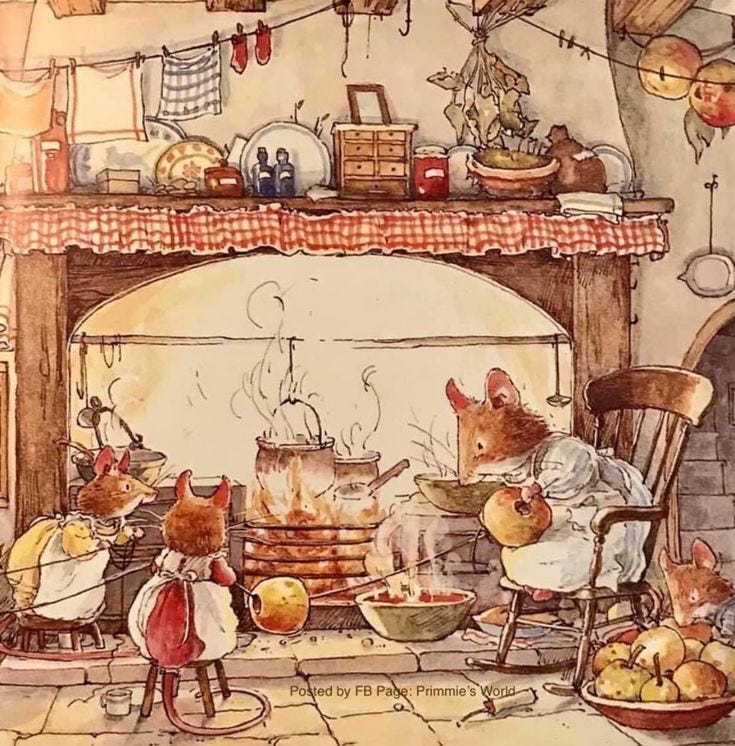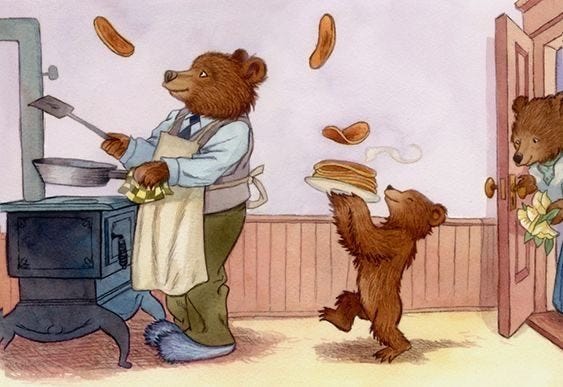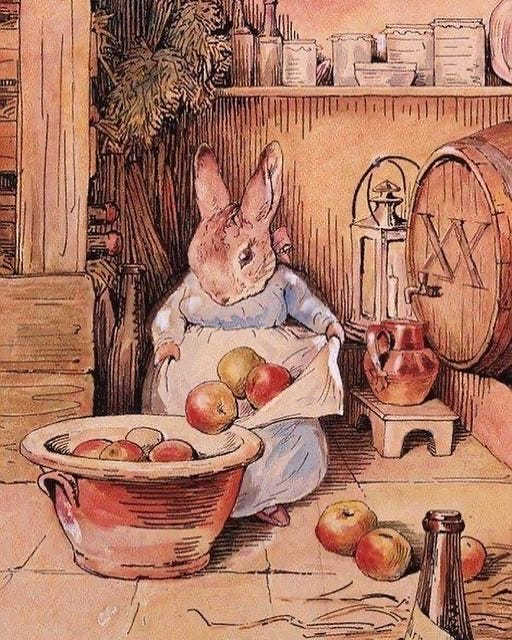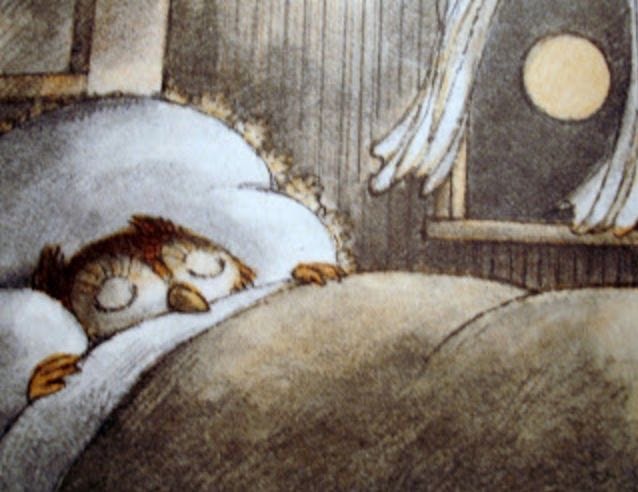hello.
there’s a pervasive myth that has seeped into every corner of our current reality claiming that in order to have a meaningful life, we’re told that worth is measured in titles, achievements, and the scope of our influence. it’s a myth that demands endless striving, as though the only lives worth living are the ones visible on the world’s stage (the internet). as i’ve gotten older, i’ve found myself questioning this narrative that is constantly being fed to us through the algorithms- a consequence of being chronically online.
we see the consequences both good and bad of the lives of successful ceo’s, mega influencers, celebrities, etc… but what about the people who live smaller, quieter lives? the people who don’t reach for the summit of our sisyphusean existence, but rather, find meaning in the climb itself? what about the ones who find joy in the mundane—cooking dinner, coming home to a dog who couldn’t be more thrilled to be in your presence after a long day at work, making pancakes on a sunday morning, or starting a garden with your person? a life where your career gives you enough to live comfortably- to live a simple, but significant life offline? are their lives inherently less valuable because they don’t fit society’s definition of mega success? or could it be that they’ve uncovered a kind of contentment the rest of us are too distracted to see?
camus’s myth of sisyphus speaks to this so poignantly. he asks us to imagine sisyphus happy, repeatedly and tirelessly rolling his boulder up the hill, only for it to tumble back down again- a metaphor for futility. but camus reframes this as a story of defiance. sisyphus doesn’t find meaning in reaching the summit—he finds it in the act of pushing the boulder. his happiness isn’t in escaping the climb but rather, embracing it, despite the inevitable struggle that comes with work of any kind.
this feels deeply relevant to the way society views success- a falsified glorification of the summit: the promotions, the accolades, the wealth. but the summit is a moving target. no matter how high you climb, there’s always another peak in the distance. this is what it means to be imperfectly human. the people who reject this pursuit and find meaning in the climb itself, are often dismissed as unambitious or small. i lived this experience being raised by parents and grandparents who scoffed at people who worked jobs or chased pursuits that didn’t meet their expectations. they felt a particular animosity towards my aunt and uncle that i never understood until i became an adult. i spent many family dinner parties growing up listening to my grandparents belittle my aunt and uncle for choosing the path less traveled: raising their son abroad in france, spain and italy, teaching him multiple languages, living a frugal, simple, content, culturally rich life. i wrote about this at length in my essay about living a minimalistic life in a world of over consumption. when i was younger, something in my gut told me that they’re the ones who’ve truly figured it out, and now i’m certain of this.
i think about their lives often- a quiet rebellion against this relentless culture of striving. they were teachers, readers, and travelers, not in the curated, performative way we see on social media but with an authenticity that is increasingly rare. their home was filled with books, art, and conversation. they didn’t chase wealth or status, yet their lives felt richer than anything money could buy. even the hyper curated minimalistic lives you see on social media today can’t possibly be real in practice because promoting that lifestyle online completely contradicts what it truly means to live simply, humbly, and content. do you want to know how i know this? because as someone who creates content, i know the work and intention it takes to curate a feed- take the photo, set the stage so it doesn’t look staged, envision the aesthetic, the emotion, the feeling i want to convey. there’s an enigmatic dichotomy living inside of my brain that battles this every day. there’s a release and an art and a joy i feel creating this type of content, but the effort and work it takes is antithetical to the final product- which in turn perpetuates the belief that nothing you see on social media is real. because it isn’t.
the irony in all of this, is that if social media were completely eradicated from the world and everyone had a chance to look inward in order to pursue being the very best version of themselves possible, both emotionally and logistically in their career pursuits, imagine the repercussions of this and how it would positively impact our society… but alas, i’m dreaming of a world where that could never exist again.
this type of existence isn’t new or profound—quite the contrary, it’s as old as the human struggle to find meaning. in either/or, kierkegaard explores the difference between the aesthetic life and the ethical life, a dichotomy that feels remarkably relevant in today’s world of curated social media feeds and performative success. the aesthetic life is about surface—chasing pleasure, beauty, and external validation. it’s the life of the summit, constantly striving for recognition and achievement, often at the expense of inner fulfillment.
the ethical life, by contrast, is inward-facing. it’s not concerned with appearances but with authenticity, integrity, and the quiet work of becoming. while the aesthetic life seeks approval and applause, the ethical life finds satisfaction in depth over spectacle, in choosing actions that align with one’s values rather than what impresses others. kierkegaard’s framework challenges us to reflect on what truly matters—are we living for ourselves, or for the image we project? it’s a timeless question, one that resonates even more profoundly in a world obsessed with visibility. you wont be on forbes 30 under 30. it won’t come with a little blue tick mark on social media, and you wont have the corner office on the 47th floor of your big girl corporate job. but it’s infinitely more fulfilling.
society loves the aesthetic life. especially young people- the people who are preparing to lead this world some day. terrifying, right? it’s easy to market and easy to capitalize off of. but the ethical life that values the small, the quiet, the mundane- this requires introspection. it asks you to stop chasing what you’re told to desire and forces you to ask yourself… what do i actually need to feel whole?
for me, the answer hasn’t always been in the little things. when you’re raised with the narrative of more, more, more—more success, more recognition, more achievement—a simpler existence felt impossibly out of reach. i’ve chased careers that weren’t mine to chase, pivoted several times in a desperate attempt to meet the expectations of my family and society. and yet, despite all the effort, none of it has worked out because the foundation was built on seeking an external validation that doesn’t exist. it’s a hamster wheel—exhausting, futile, and blind to the quiet, meaningful moments that truly make life worth living. stepping off that wheel has been its own act of rebellion- one i’m still learning to embrace.
the past two years in particular, i’ve felt myself craving moments that don’t make headlines, but rather, a formulation of a life worth living. breakfast in bed on a sunday morning- sticky buns and black coffee, sharing a bed with my best friend. having more children. walking through the park while listening to the sounds of nature and kids laughing in the playground nearby. decompressing after a day at work on the couch with a cat who nestles besides my belly while i read, sip hot tea, and listen to tender jazz. cooking pasta for dinner, drinking wine, slow dancing in the kitchen with a lover. maybe starting a garden. farmers markets on weekends carrying a wicker basket full of apricots and hydrangeas. a soft, romantic, simple existence.
simple, but significant.
these moments are not distractions from life, but rather, a defining reality of what it means to have everything. and yet, in our culture of overconsumption and overachievement, people have lost sight of the small joys that encompass the human experience.
simone de beauvoir, in the ethics of ambiguity, argues that meaning isn’t something we stumble upon—it’s something we actively create. it’s not handed down or bestowed by external forces; it’s forged through the choices we make and the way we move through the world. a little life, in all its simplicity, doesn’t seek validation from the outside. instead, it crafts its own meaning in the quiet, deliberate acts of everyday living—making breakfast, tending a garden, sharing a book with a friend. these small, intentional moments form the foundation of a life well-lived, one that finds fulfillment not in grand gestures but in the depth of presence and purpose.
choosing a little life is an act of defiance. it’s a way of saying, i will not measure my worth by how much i achieve or acquire. i will measure it by how deeply i live. it’s about valuing presence over productivity, connection over competition, depth over display.
now, this doesn’t mean ambition is inherently bad. there’s nothing wrong with wanting to grow, to create, to achieve—but ambition without reflection is where the trouble lies. without reflection, ambition becomes a trap, luring us into chasing things that don’t actually matter to us, leading us to live lives that aren’t truly our own. i’ve felt this deeply through my own experiences in academia and career chasing, always assuming that purpose and career were inseparable. it wasn’t until recently that i began to understand how much meaning and purpose exist outside of professional achievements, how life’s value isn’t confined to a title or a paycheck.
this realization brings a certain haziness to the ambiguity of life where ambition and simplicity both hold space. regardless of whether you’re striving for a high-powered career or embracing the rhythm of a quieter life, suffering and hard work remain inevitable. and what i’ve found is that when you’re living authentically, aligned with what you truly want, even life’s difficulties feel lighter—manageable, even purposeful—because they’re part of something that feels real and true to you.
living this life of ambiguity requires us to tell ourselves, this is enough, and meaning it.
fulfillment isn’t found in how much we accomplish or accumulate—it’s in the quiet, deliberate choice to live authentically. a life rooted in meaning, no matter how small or unseen. this holds a depth and power that outlasts fleeting validation. and in embracing what truly matters, we create a legacy of presence, purpose, and quiet rebellion against a world that is constantly demanding more.
reader, are you craving books and film that encompass these feelings? i’ve always admired the lives of frog and toad, beatrix potter, brambly hedge, little and the other stories of woodland creatures i loved so much as a young girl. go back and read those again.
once you’re done with that, let me recommend a few more…
books:
the ethics of ambiguity by simone de beauvoir – explores the existential idea that meaning is created, not found, and embraces the tension between freedom and responsibility.
either/or by søren kierkegaard – a foundational text on the aesthetic and ethical stages of life, challenging readers to reflect on their values and existence.
the myth of sisyphus by albert camus – reimagines the futility of life as an act of rebellion and finding happiness in the struggle.
stoner by john williams - a quietly powerful novel about an unremarkable man’s life, filled with subtle moments of beauty, struggle, and meaning. it captures the dignity of a life lived without fanfare.
howards end by e.m. forster - a meditation on connection, home, and the quiet dignity of ordinary life, exploring how small acts of kindness and understanding shape our world.
the years by annie ernaux - a quiet, reflective memoir about memory, time, and the extraordinary within the seemingly mundane moments of life.
the elegance of the hedgehog by muriel barbery - a philosophical and beautifully written novel about the secret inner lives of a concierge and a young girl in a parisian apartment building, celebrating the beauty of small, unexpected connections.
no longer human by osamu dazai – an intense exploration of alienation and the struggle to find meaning in an often unforgiving world.
the passion according to g.h. by clarice lispector – an existential journey into the mind of a woman who confronts the boundaries of identity and spirituality.
open water by caleb azumah nelson – a poetic and deeply emotional story about love, identity, and the quiet intensity of human connection.
films:
ikiru (1952) – a story of a man seeking meaning in his final days, finding fulfillment in small, impactful actions.
cleo from 5 to 7 (1962) - a stunning film about a woman wandering through paris as she awaits medical results. it’s a meditation on time, identity, and the small, vibrant details of everyday life.
amelie (2001) - a whimsical, visually stunning french film about a young woman who finds joy in the small, magical moments of life, helping others while discovering her own happiness.
le bonheur (1965) - agnès varda’s visually stunning film about a seemingly idyllic family life that hides deeper complexities. it questions the pursuit of happiness within the mundane.
the worst person in the world (2021) – a raw, beautifully crafted exploration of love, ambition, and finding one’s path in the chaos of modern life.
the umbrellas of cherbourg (1964) - jacques demy’s visually lush musical about young love, heartbreak, and the passage of time. every frame feels like a painting, with an emotional depth that celebrates the beauty in the everyday.
a tale of springtime (1990) - eric rohmer’s gentle, conversational film about relationships, choices, and the quiet complexities of human connection. it captures the mundane with extraordinary warmth.
jeanne dielman, 23 quai du commerce, 1080 bruxelles (1975) - a slow, meticulous exploration of the quiet monotony of a woman’s domestic routine. it’s a profound meditation on the rituals of everyday life and the weight of small, repetitive acts.
julie & julia (2009) - a nora ephron film that intertwines two stories of women finding fulfillment in the small, simple joys of cooking and self-expression.
before sunset (2004) - part of richard linklater’s before trilogy, this film follows two people reconnecting in paris, exploring life’s small yet profound questions as they walk and talk through the city.
frances ha (2012) – an ode to the messy, unpredictable nature of life and finding fulfillment in friendship, art, and small joys.
my dinner with andre (1981) – a captivating, philosophical dialogue between two friends reflecting on meaning, routine, and the search for authenticity.
chungking express (1994) – a dreamy, fragmented film about loneliness and connection in the midst of the chaotic, beautiful mundanity of life.
blue valentine (2010) – a brutally honest portrayal of love and its fragility, with a focus on the beauty and pain of ordinary moments.
okay, that’s all for now.
if you’re not ready to become a paid subscriber and you have the capacity to leave a tip, that would be so appreciated.
i love you.
bye.









I love this and this whole topic has been on my mind the past couple of years... how to live a life where I don't need much. I'm trying to do things more deliberately, from brushing my teeth to making coffee, to reading essays here to listening to music without doing a million other things... anyway, I'm trying...
Another film recco: Perfect Days (2023) I think it's on Netflix. It's about a man who cleans toilets in Tokyo... but it's also very much not about a man who cleans toilets.
You made me think of the poems of Mary Oliver - it's wonderful to find golden moments in the fabric of everyday life. But I find that I need someone to remind me to look - and your piece did just that.